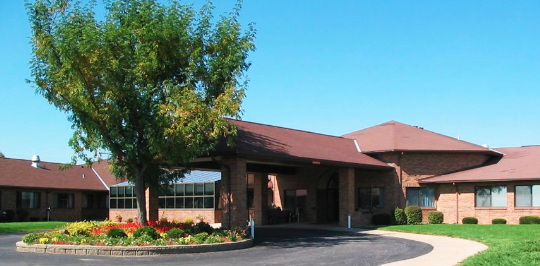John is married and has three $100,000 life insurance policies. These policies have cash values of $35,000, $28,000 and $22,000 respectively. John and Mary are in their mid-70s and have done well accumulating assets during their working lives, but unfortunately, he had to move to a nursing home. After years of spending well over $100,000 a year for care for medical expenses, Mary finds it necessary to see how Medicaid application might help with their medical costs.
So here is the dilemma; John has life insurance with a total of $85,000 which must be accounted for in the Medicaid application. Medicaid only allows for up to $2,000 in cash value of life insurance. Perhaps theses policies can be transferred into Mary’s ownership and she counts the value toward her $109,560 of assets she is allowed to keep. In any case, John and Mary will be best served by Medicaid planning by an elder law attorney.
Knowing what John and Mary know, prior planning could have helped them greatly. First, the ownership of the policies could have been put into a trust. This works if the trust was set up and funded with John’s policies five years prior to Medicaid application and the trust was not created to avoid Medicaid. There are several other answers for people who only want a burial fund and we will cover two briefly:
For people who just want a burial fund they can consider a Funeral trusts (also known as pre-paid funerals) have been a hot topic in the marketplace — Why? This is considered prepaying a funeral and can be an easy way to protect your assets from Medicaid. This can be accomplished by purchasing a last expense life insurance policy and irrevocably assigning the policy to a funeral trust. A funeral trust is generally considered an exempt asset for Medicaid planning and is not subject to the five year look-back rule. However, each state determines the amount that can be placed into the funeral trust and still be exempt. In cases, a good plan would be to exchange the cash values of old life insurance policies into a tax free, Medicaid exempt funeral trust.
Other people choose to purchase a final expense policy. In this case that person would want to make certain the cash value of this life insurance policy never reaches $2,000 or Medicaid may deem it necessary to cash in that policy.
In any case, we believe the best approach is to plan, plan and plan. If John and Mary planned years ago, they may well have avoided their tough situation. As we know tough situation do happen. Each case must be looked at independently. The pros and cons must be thoroughly examined. It is imperative one seeks counsel from an attorney, and probably an accountant and trusted financial and/or insurance advisor before making any decisions.
Each state is different, but in general, one is allowed a certain amount of assets. Any amount greater than the states allow, must be liquidated to pay for care; before one can become eligible to receive Medicaid benefits. These assets may include bank instruments and other investment vehicles, retirement accounts, cash value of most life insurance policies, revocable living trusts and burial trusts if they exceed an allowable amount.
Transfers of assets within 60 months from the date applying for Medicaid will be brought back into one’s asset base for the calculations. Please note asset transfers can have a huge impact on the benefits received from Medicaid and one should contact an elder law attorney for issues relating to this area of planning.
Some of the benefits of a funeral trust are:
Policy benefits are free from income tax
The trust is portable and can be used in all 50 states
The trust is already established so no attorney fees are associated with establishing the trust
Money can be set aside permanently for funeral expenses
Benefits are paid directly to the funeral home or cemetery any excess benefits are paid to the estate of the insured
These funds cannot be attached by creditors.
As with any investment it is important to weigh the cost. The biggest cost is the loss of insurance death benefit if you transfer an existing policy into a new policy held in the funeral trust. The cash value, not the death benefit, would transfer from the old plan. If the insured dies before applying for Medicaid this could become very costly. If the insured retains the old plan and applies for Medicaid they could be forced to surrender it.
Plan to Save Assets Not Lose Life Insurance
Peace of Mind
Love & Compassion
ARTICLES SUBJECTS
OUR FACILITIES
Lacon Rehab and Nursing
St. Joseph’s Home of Lacon is a skilled nursing facility located just north of Peoria, IL.
St Augustine Manor
St. Augustine Manor is a not-for-profit independent living community for seniors 55 years of age and older.
Snyder Village
Founded in 1988, Snyder Village's mission is to provide for the physical, emotional, and spiritual needs of persons requiring assistance…





